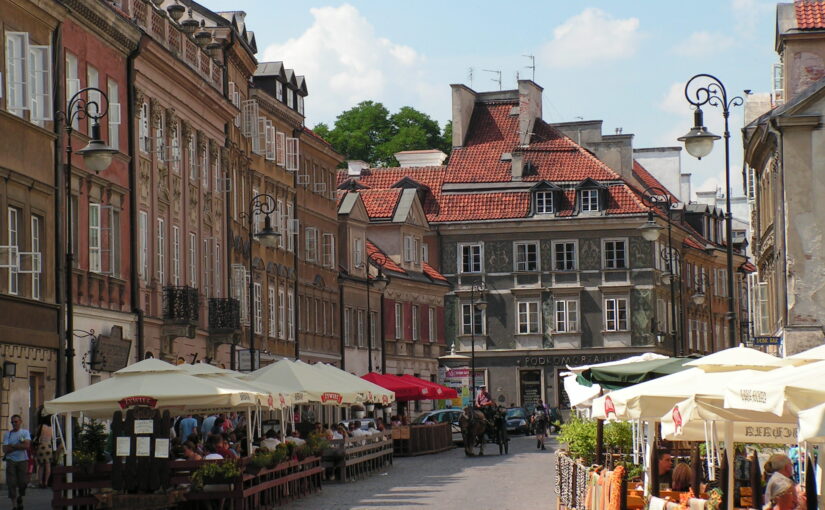Field of study in Wageningen: Nutrition and Health
Study period exchange: 22/02/2022 – 28/06/2022
Country (exchange): Poland
City (exchange): Warsaw
University (exchange): Warsaw University of Life Sciences (SGGW)
Faculty (exchange): Human Nutrition, Food Science, Animal Studies, Sociology
2. Motivation for exchange
Why did you choose to go on study exchange?
My motivation to go on exchange was to learn a new culture and learn to be on my own. I always loved to travel but I always did this in a group or with my family. I took this opportunity to go on an adventure by myself and it worked out great. I also wanted to focus on other subjects and to expend my knowledge.
What is the reason you chose for this country/university?
To be honest, Poland was not my first choice. However, I heard good stores from other people about their exchange in Poland and I saw they had many spots to offer. The university had a good program, many courses and living in Poland is very cheap. I always taught of Poland as a boring grey country and I wanted to see if my view would change going on an exchange in this country.
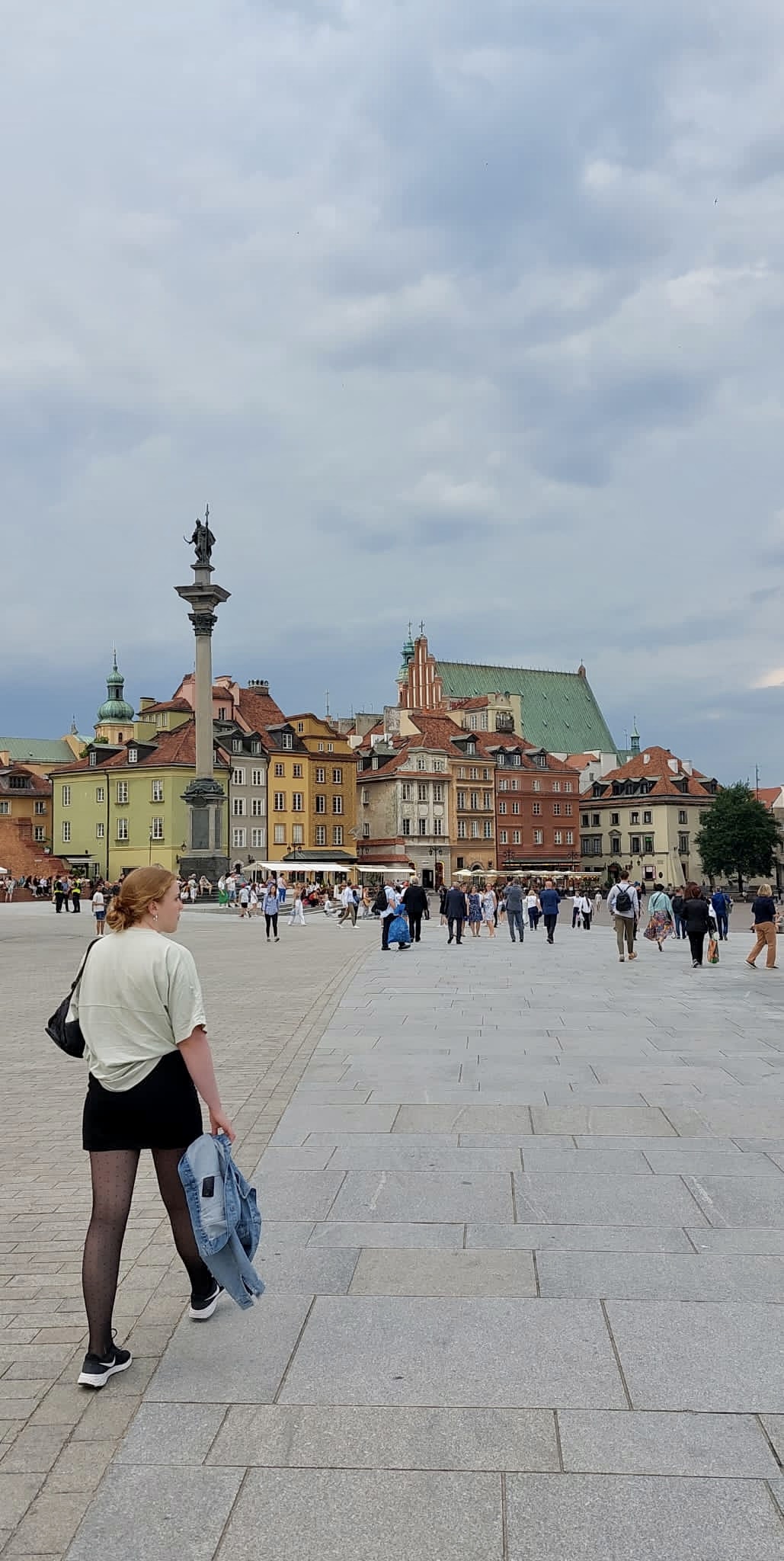
3. Accessibility to reach destination
Do you have any tips to reach your exchange destination?
There are multiple ways to reach Warsaw, bus, train and airplane. Train is very easy and cheap, but I didn’t want to risk it because of the Ukrainian war and COVID-19. I choose to fly from Charleroi (Belgium) to Warsaw Modlin which was very cheap, and I recommend it. Other cheap way is to fly from Eindhoven, but you can always choose to fly from Schiphol.
4. University and studying
Could you provide some general information about the followed courses?
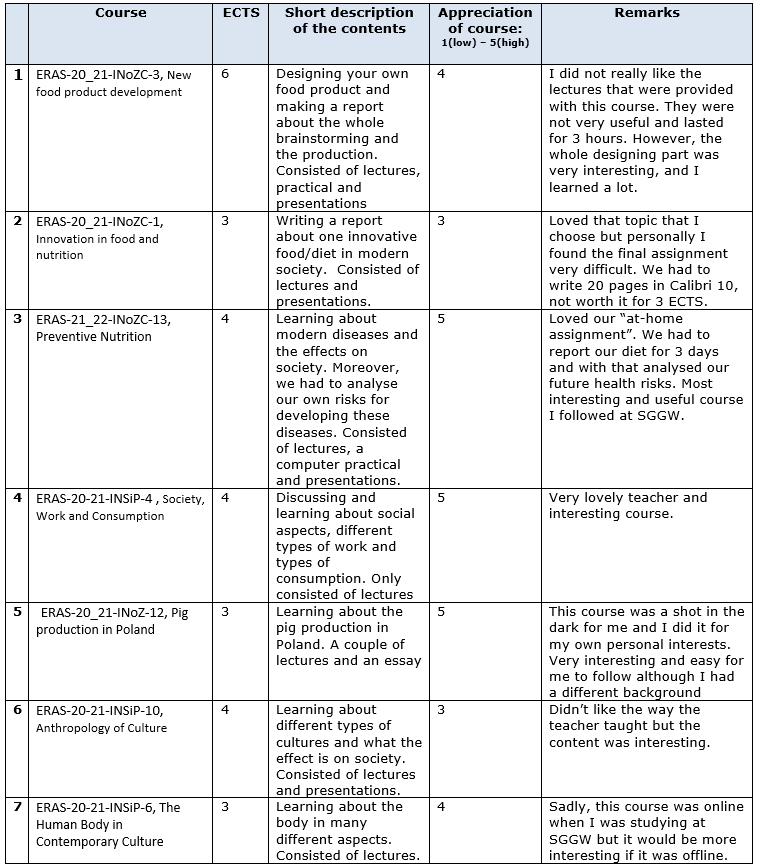
How is the study formalized?
Personally, I think the level of education is a lot lower than what we are used to in Wageningen. Exams were not very hard, they usually consisted of 5 till 10 questions. Many courses asked for a report or essay as part of the final assignment. I sometimes had to read a few papers at home but besides that I received little homework.
What is the culture of the university?
Due to the little classrooms (the lectures you attend are only for Erasmus students), it is easy to ask questions or to get personal attention. The level of English varies between the professors, but everybody tried their best to help me the best they could. I did not engage much with local students, but you can always try to speak to them when you are around campus.
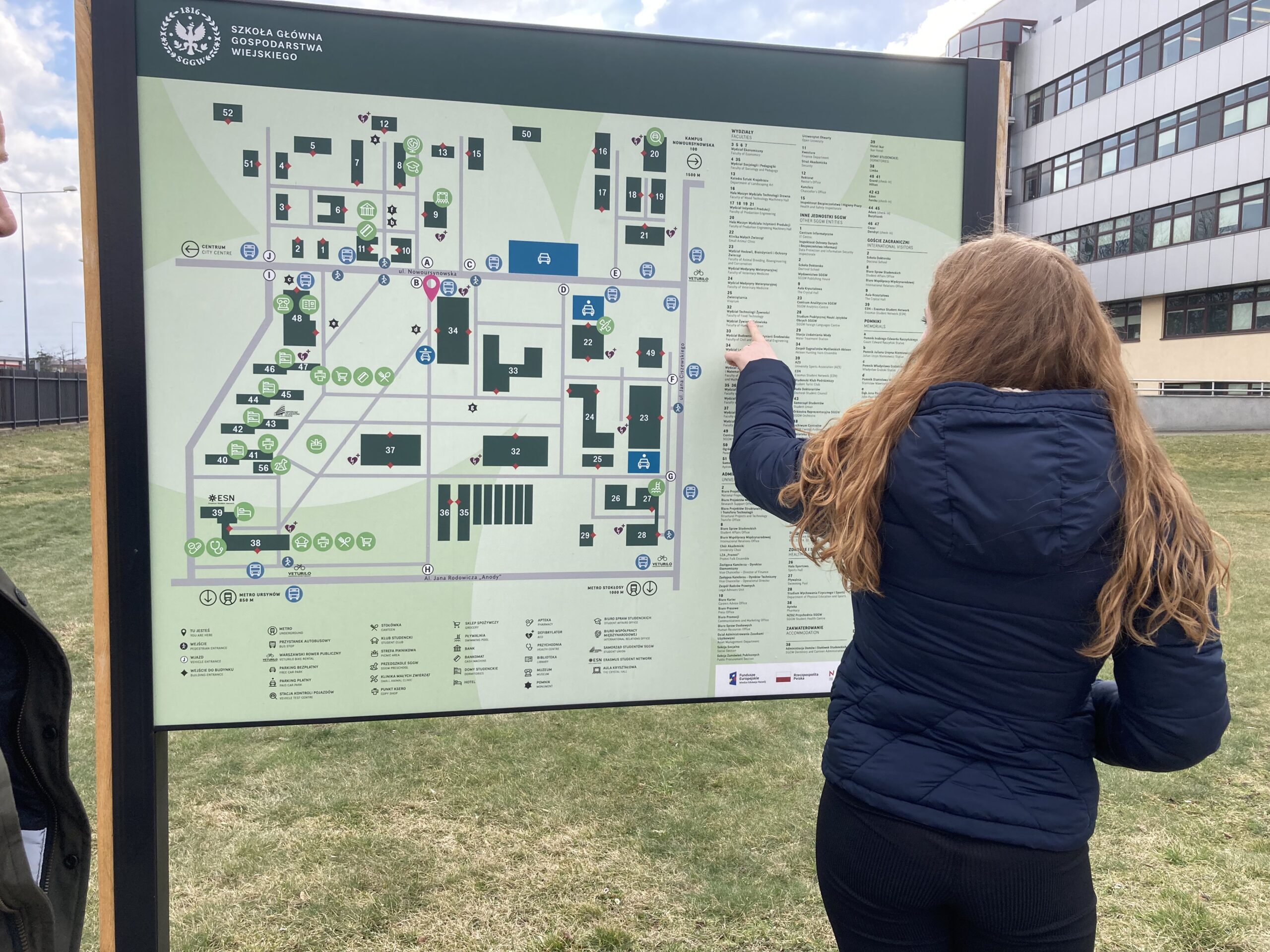
What does the university offer the student additionally?
SGGW is a very modern and big campus with their own sports centre, canteens, library, and shops. I never used the sports centre, but I believe it was free to use. There are laundry facilities in the dorms but there are also little shops around campus where you could bring your laundry if you need to. There is also a ESN office present that organise city trips and fun activities to get to know the other internationals.
5. Housing-travelling-living
What are the possibilities for housing?
SGGW offers dorms, these are comparable to the “sterflat” in Wageningen. You can rent a single room or one you share with somebody else. They are very cheap (around 80 euros per month) but do not expect much. Moreover, due to COVID, people outside of the EU were given a room first so I had to wait for a long time. Therefore, I rented a room outside of the campus, about 10 min away with the bus. This was a bit expensive, around 270 euros, but very luxurious and modern. I recommend looking at Facebook groups or PePe housing to find yourself a room.
What is the culture of the country like?
The polish culture is very different from what I was used to. Of course, it is an eastern European country, so it very much has that vibe. People are very easy, minding their own business and not very social in public. Furthermore, not everybody speaks English so they will be even less talkative if you do not speak Polish. However, if you try, they are very grateful and change to a completely different person. The cuisine mainly consists of foods like potato, carrot, cabbage, and different kinds of meat. I am a vegetarian myself, but I did not face any problems. There was always a vegetarian option on the menu and there even a few vegan restaurants in the big cities.
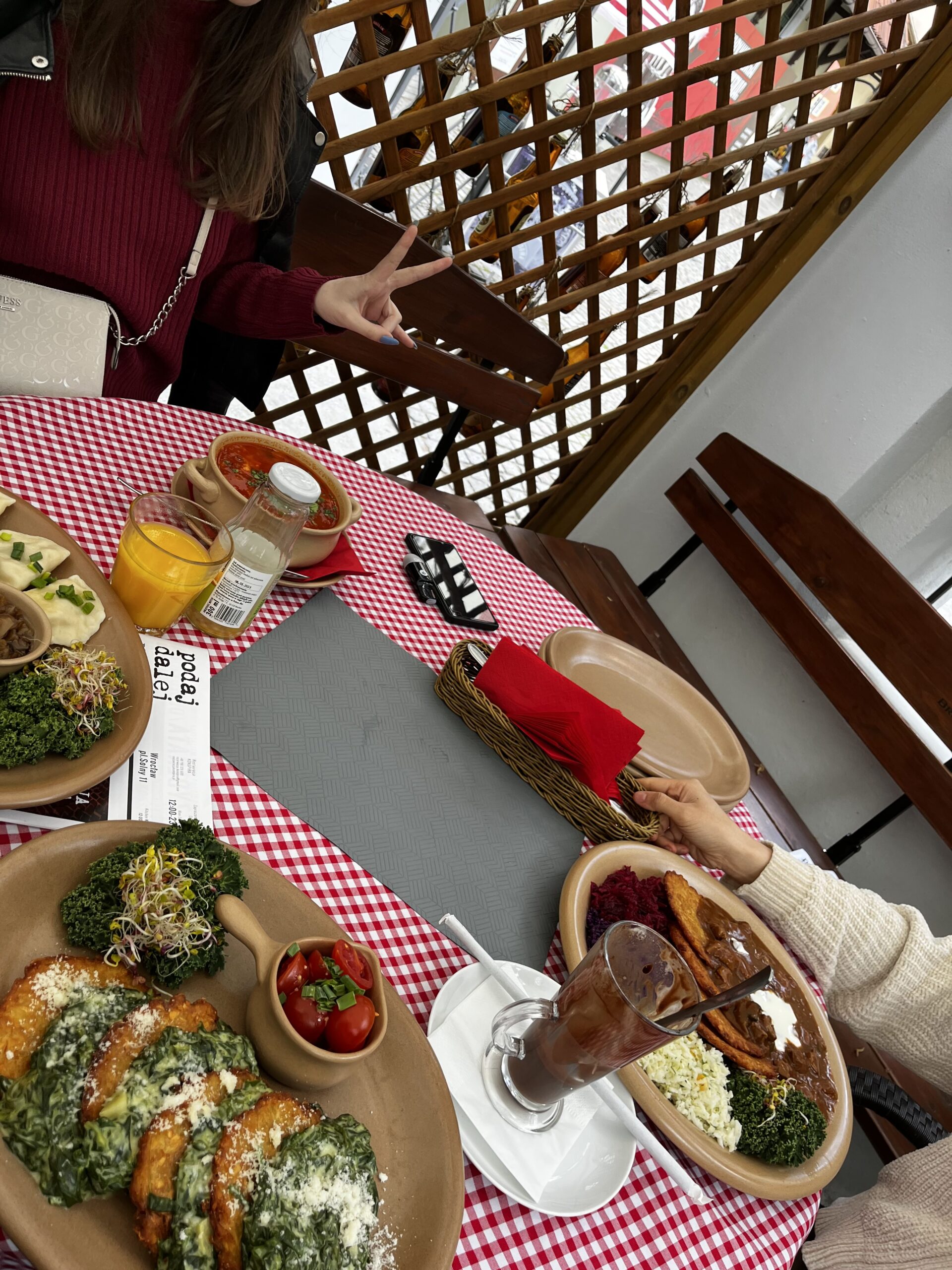
Could you give a general price indication of the place of residence compared to living in Wageningen?
As said before, I paid around 270 euros per month which is a little bit less than what I paid in Wageningen. 270 was quite a lot for what I got in return so there are cheaper rooms out there, especially if you choose to live in a dorm. Depending on the location of the apartment and the type of room, the price might increase.
Could you give some information about public transport infrastructure?
The public transport in Poland is fantastic. It is very cheap, easy, and well structured. Busses ride throughout day and night and taxis are very cheap as well if you do not want to take the bus home after a night out. I paid for a three-month subscription which I could use for the bus, tram, and metro. This was around 40 euros with student discount and a single 20 min ticket for the bus/tram costs 0.60 euros. The subscription was put on my student card and was also a way I could identify myself. Furthermore, to reach the university you can take four busses that go to various places. There is also a metro station, but you have to walk for about 15 minutes.
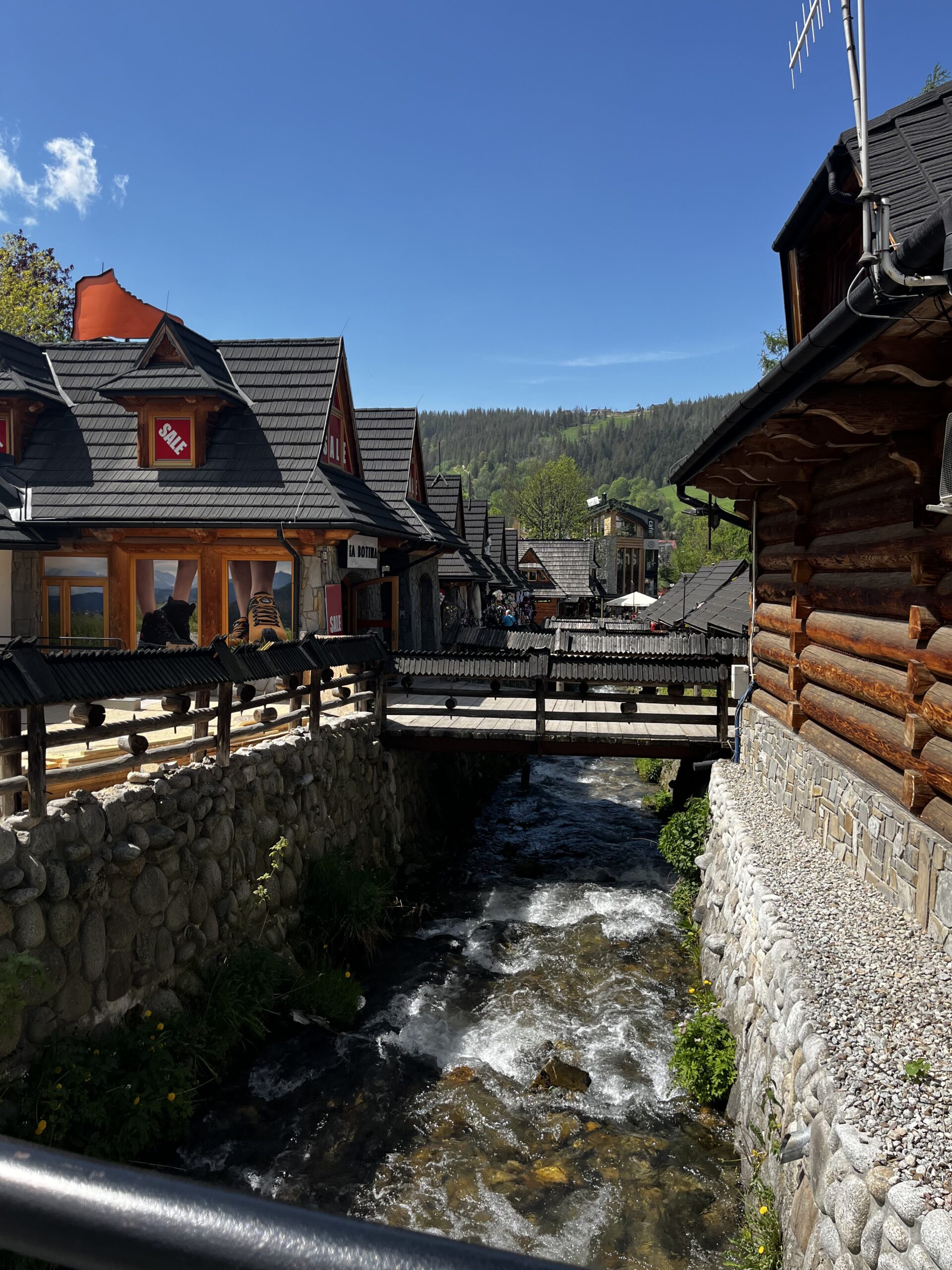
6. Free time
What are must-sees in the area?
I highly recommend visiting some cities by train. You can visit some lovely Polish cities like Krakow, Gdansk, Torun, Zakopane and Wroclaw. You can also take the train to Prague or Budapest for example. You can book tickets on the Polish intercity site, and you get a 51% student discount. Be careful when you plan these trips because the trains can be quite full around the holidays and at night.
What does not appear in the travel guide, but is worth a visit?
Torun is a very little, underrated city in Poland. It is old and was home to the famous polish scientist Copernicus. The architecture is beautiful, and you can make your own polish gingerbread cookies. Hostels are very cheap, and it was not as busy/touristic as other cities.
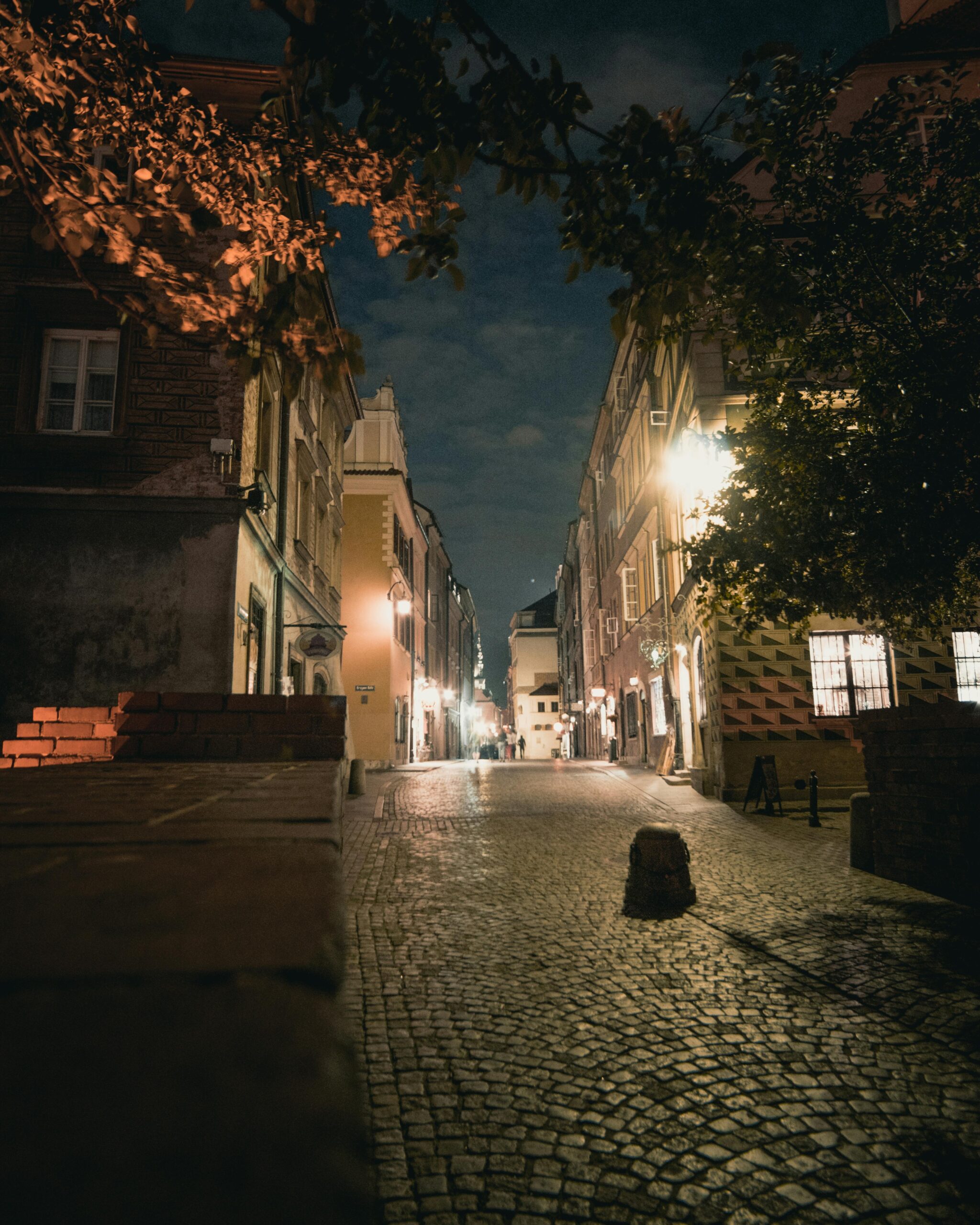
Do you have general tips and tricks about leisure time?
Many museums are free one day in the week, so be on the lookout and make use of this. For example, the palace in Lazienki park is free on Friday.
7. Challenges & best moment abroad
What was a challenge you have experienced?
I felt a little bit uncomfortable the first week because it felt weird being in a country with no friends and a language I barely spoke. However, this quickly faded away after I went to campus and made a few friends. It also took some time to get used to the different way of teaching and finding my way around Warsaw, but this just takes time.
What was your best memory abroad?
I had a very special bond with my roommates, and they were lovely. We did many things together, like going on trips, playing games late at night on the balcony or cooking together. I loved going to the fresh food markets, cooking with my roommates, eating our food while watching the sunset and going clubbing afterwards.
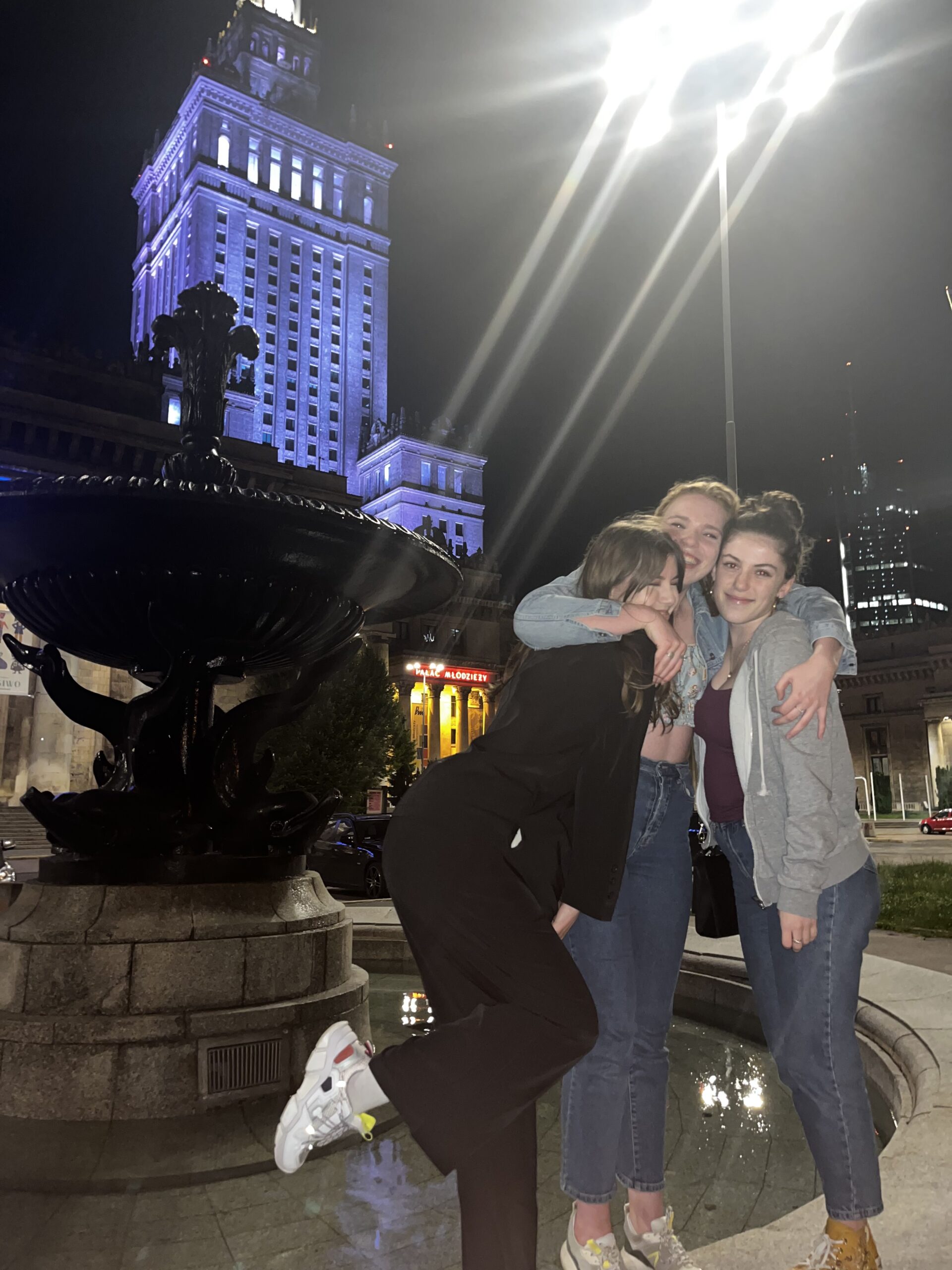
8. Contact Details
Would you like to ask Esmee more questions about her exchange?
Send her a mail: esmee.vandervalk@wur.nl

